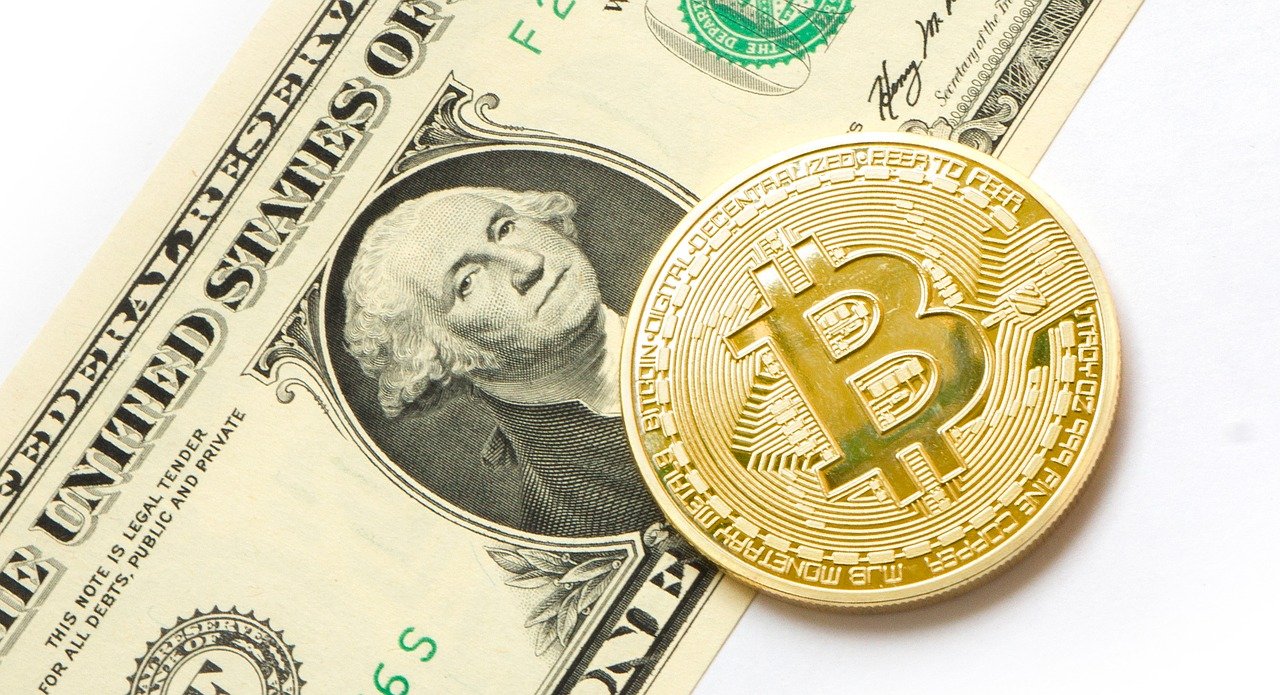
Despite the crypto nosedive of 2018, blockchain technology made (quieter) gains in different industries.
While the hype surrounding blockchain technology appeared to fade in rythm with the crypto sell-off, a number of startups continued to introduce innovative and novel blockchain prototypes. Ripple has been one of the most active crypto companies managing to awake interest of several banks—especially those in Asia and Latin America.
Read here how to buy bitcoins instantly with a credit card.
As ZeroHedge explains, one notable announcement was the Australian Securities Exchange’s decision to establish a blockchain-based platform to facilitate the clearing and settlement of cash equities, among other functions. The company has since delayed implementation until the first half of 2021, though it still intends to move forward with the project.
What you'll learn 👉
The bears
Bitcoin cash (BCH) and Bitcoin SV founder, an eccentric billionaire Calvin Ayre, believes the rest of the crypto market will overthrow BTC’s market capitalisation, rendering it all but worthless.
The billionaire said: “I’m afraid I am predicting it to go to zero value as it has no utility, it does not do anything and they intentionally are anti-scaling bitcoin, the technology and economic model, are alive and well with Bitcoin Satoshi Vision and is going to have an amazing year.”
Another bitcoin defeatist and open-hater Nouriel Roubini went even further in June, saying:
“Blockchain is the most over-hyped — and least useful — technology in human history.
“No asset class in human history has ever experienced such a rapid boom and total utter bust and implosion.
The bulls
Some industry insiders are more optimistic about the crypto bellwether prospects.
Mike Novogratz, CEO and founder of Galaxy Digital, in one of his numerous interviews about bitcoin stated his belief the Bitcoin price will hit an all-time high before the end of 2019.
Sonny Singh, Chief Creative Officer of BitPay, shares Novogratz’s sanguine feelings towards BTC and believes bitcoin will surpass its former $20,000 price ceiling within the next 12 months.
And even more buoyant are Fundstrat executives Tom Lee and Sam Doctor who have calculated a price of $36,000 as a realistic target for bitcoin to hit in 2019.
David Thomas, director of the GlobalBlock digital asset brokerage, recently openly mulled why are institutions hesitant about taking up positions in crypto.
Mr Thomas said: “If we look at previous trends it takes on average around 67 weeks for bitcoin to recover and proceed to new all-time highs.
“If you follow this logic, then bitcoin would be heading towards US $20,000 in the second quarter of 2019.”
But Mr Thomas does not expect this to happen in the next run because of “bruised investor base after this year.
He therefore reined in his 2019 price call, saying: “With positive news, ETFs (performance trackers) and regulation, we believe bitcoin will recover to the US $8000 to $10000 levels during 2019 which given where it is today would on balance be a decent year.”
Bitcoin in the Goldman Sachs eyes
What can fans, fanatics, critics, cryptotraders and the general public look for in 2019 (and beyond) according to Goldman Sachs, one of the world’s largest financial institutions that kept a close eye on bitcoin the whole year?
- Continued efforts to expand institutional involvment. Nasdaq may list BTC futures contracts sometime next year, and regulators will also consider new ETF applications, with at least one SEC review pending for early 2019.
- Further regulatory scrutiny. The SEC has has begun to crack down on unregistered ICOs in what appears to be a broader effort to regulate cryptocurrecies like traditional securities.
- Broader adoption of blockchain technology. Although blockchain technology will continue to evolve, it has the potential to have a major impact across industries (e.g., peer-to-peer transactions and the clearing/settlement of securities). That said, Goldman expects limited adoption of early-stage blockchain prototypes in the next one to three years. However, broader acceptance is still likely to take a decade or more.






